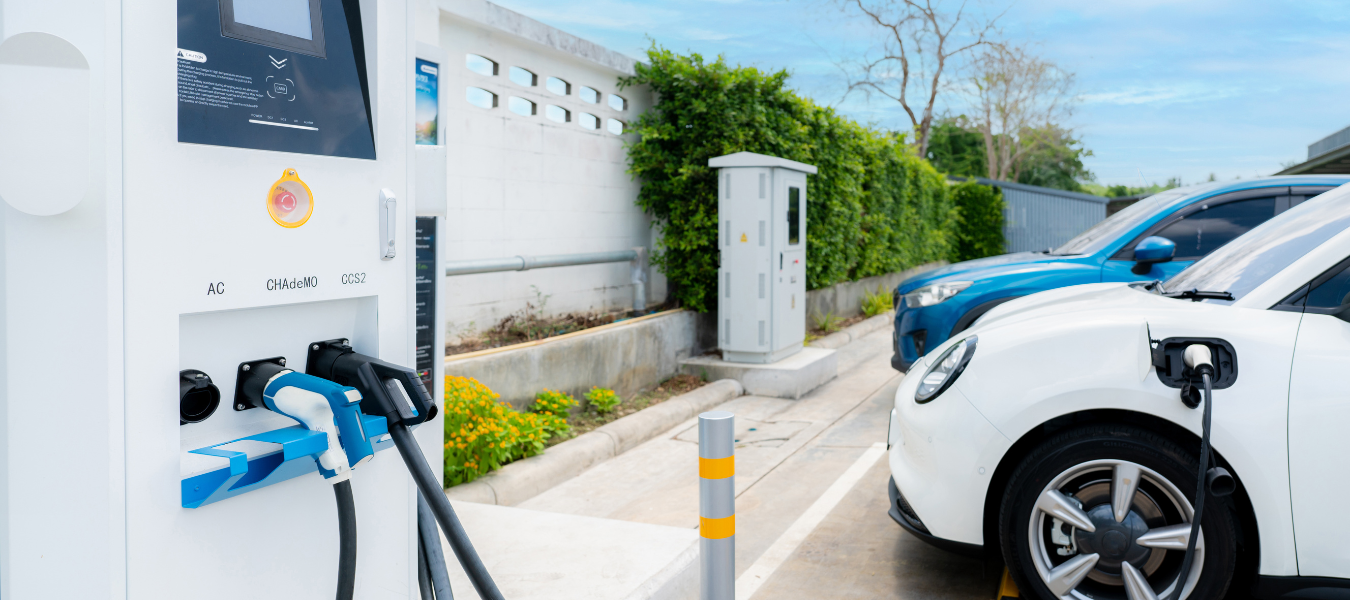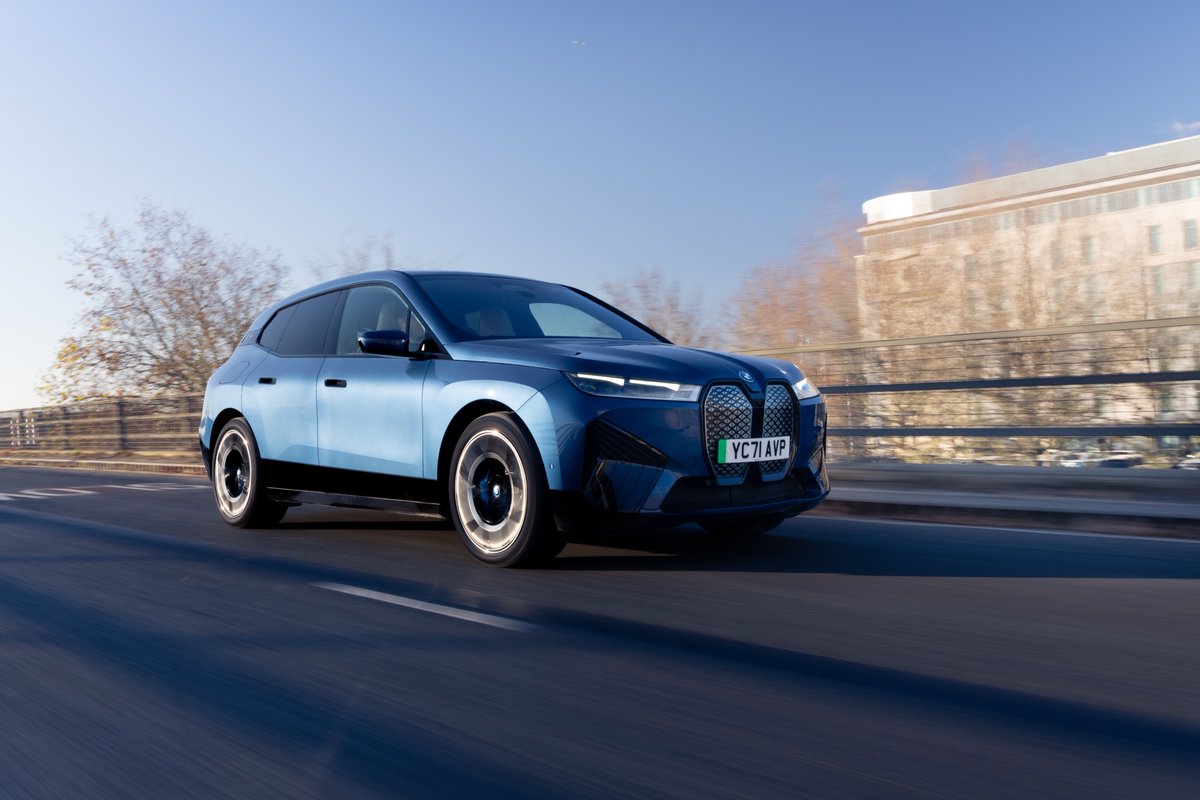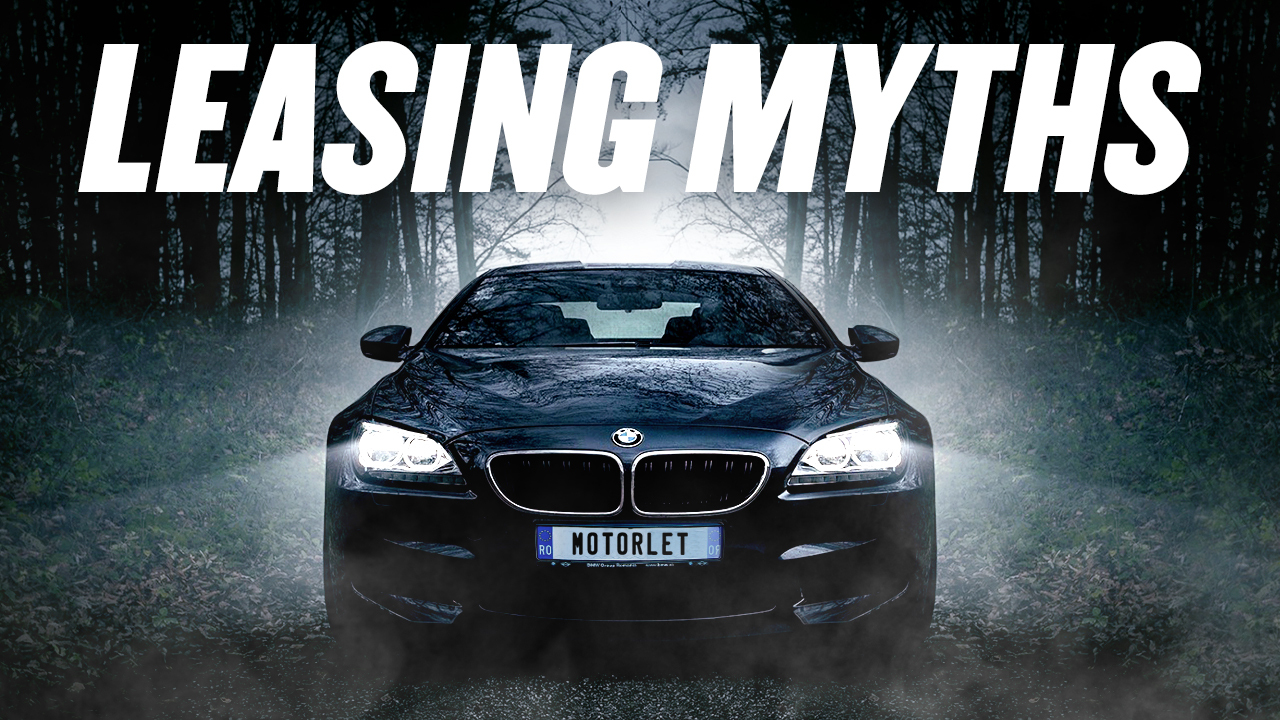Electric Vehicle Range Anxiety
Discover how to overcome electric vehicle range anxiety

The adoption of electric vehicles (EVs) is rapidly increasing, offering numerous environmental and economic benefits.
However, despite their many advantages, EVs evoke concerns about range anxiety among prospective drivers. This guide aims to address these apprehensions head-on by exploring the concept of electric vehicle range anxiety, its underlying causes, and most importantly, effective strategies to mitigate and overcome it.
Whether you're a seasoned EV enthusiast or considering making the switch to electric, this guide will provide valuable insights to help you navigate the journey towards a more sustainable and efficient future of transportation
But first, what is range anxiety?
Range anxiety refers to the fear or apprehension that electric vehicle (EV) drivers may experience regarding the limited driving range of their vehicles and the possibility of running out of battery power before reaching their destination.
It stems from concerns about finding charging stations, potential delays due to recharging, and the perceived inconvenience of managing battery life during longer journeys. Range anxiety can impact the confidence of drivers and may deter some individuals from adopting electric vehicles as their primary mode of transportation.
However, with a bit of food for thought, the expansion of charging infrastructure, and improvements in EV range capabilities, are all helping to alleviate these concerns and reduce the prevalence of range anxiety among drivers.

How far are you driving, and how often?
Think about your typical day-to-day driving: commuting to work, dropping the kids off at school, doing the food shop. For most of us, these are the bread and butter of our driving routines.
Well, here's the good news: most electric vehicles (EVs) have got you covered for these everyday jaunts. With their improved battery tech and the growing number of fast-charging spots popping up, EVs can handle these daily tasks easily, especially if you can get a charger fitted at home.
What about the longer trips?
Now, let's talk about long trips, maybe to the lake district for the weekend, or to visit family on the south coast. How often are we really going on these long-haul journeys?
For most of us, it's not every weekend. Studies show that our daily commutes are well within the range of most EVs. And even if you're planning the occasional longer journey, a bit of planning and stopping for a quick charge can easily squash any worries about running out of charge.
Bottom line? Don't sweat the things that might not even be an issue! With most EVs covering our day-to-day hustle, there's no need to second-guess going electric for your daily driver.

Home charing and public infrastructure
Installing a home charger or utilising a standard domestic socket for overnight charging can provide convenience and peace of mind. Having the ability to start each day with enough charge can help mitigate concerns about range limitations.
Once your charger has been fitted, you can set up your overnight charging schedule so your car is only charged during hours when electricity is at its lowest cost.
Assessing the availability and accessibility of public chargers along your typical routes and destinations is crucial if you can't get a home charger fitted. Identifying nearby charging stations, including fast chargers, can help alleviate anxiety about running out of charge during journeys.
Route planning
For longer journeys, planning routes in advance is crucial, as is using your sat nav or smartphone maps to incorporate public charging locations along the way. It means you'll know exactly where and when you'll be stopping to charge, reducing the worry of needing to find a charger at short notice.
Plus, most of us do not do long journeys often enough for the inconvenience of stopping to charge our car versus the overall fuel savings we'll be making on our day-to-day driving.

So who are EVs potentially not suitable for?
Electric vehicles (EVs) may not be suitable for individuals with specific driving needs or circumstances. While EV technology continues to advance, there are certain limitations and considerations that may make EV ownership less practical for some.
Those who frequently embark on long-distance journeys or road trips may find EVs less suitable due to range limitations and the need for frequent recharging.
In regions with limited charging infrastructure, long-distance travel in an EV may be challenging or impractical.
Individuals who lack access to reliable home charging facilities or live in areas with limited public charging infrastructure may face challenges with EV ownership.
Without convenient access to charging stations, maintaining sufficient battery range for daily driving needs may be difficult.
If you live in a flat or terraced house, you may have limited parking options and find it challenging to install a home charger.
Without access to convenient charging, leasing an EV may be inconvenient or impractical.
Drivers who frequently tow trailers or haul heavy loads may find that traditional internal combustion engine vehicles offer better performance and towing capabilities than most EVs.
While some EVs offer towing capabilities, they may not match the towing capacity of larger gasoline or diesel-powered vehicles.
In some regions where extreme weather conditions are common, such as very cold, heavy rain, stong winds, etc, EV range and battery performance may be adversely affected.
Cold temperatures can reduce battery efficiency and range, while hot temperatures can accelerate battery degradation over time.
While the cost of EVs has decreased in recent years, a lot still cost more to lease compared to conventional vehicles.
Individuals with budget constraints or those seeking lower-cost options may find EVs less affordable, especially considering potential costs associated with home charging infrastructure installation and battery replacement.
That said, you may end up saving overall. More on that here.
In conclusion, while electric vehicles (EVs) offer numerous benefits such as environmental sustainability, lower operating costs, and enhanced driving experience, they may not be suitable for everyone.
Factors such as driving habits, access to charging infrastructure, budget considerations, and specific transportation needs play a significant role in determining the suitability of EV ownership.
As EV technology continues to evolve and charging infrastructure expands, the barriers to EV adoption are gradually diminishing. However, it's essential for individuals to carefully evaluate their circumstances and consider whether an EV aligns with their lifestyle and requirements.
By weighing the pros and cons and making an informed decision, individuals can determine whether embracing electric mobility is the right choice for them

What's next?
Enjoyed this? Read our latest news

Car Allowances Explained
Considering a car allowance? Our complete guide explores the pros and cons, potential tax implications, and what to consider when choosing between a car allowance and other options. Find out if it's the right choice for you and your business needs.

Debunking The Biggest Car Leasing Myths
Josh, the founder of Motorlet, debunks misconceptions about car leasing costs, flexibility, maintenance, and more.

EV Myths Debunked | Truths About Electric Vehicles
Our 'EV Myths Debunked' page addresses these myths head-on, providing factual information on EV range, charging infrastructure, costs, and environmental impact.
Customer Stories
We've helped over 1,000+ customers find their dream car, hear what they have to say.
Read more reviews“As usual, top class service. The team at Motorlet provided first class service from beginning to end with the friendly helpful expertise of Josh and Wendy. Will continue to use their services as I have done for the past six years...” Keep reading
Diane Parish | Audi Q5

New deals weekly
Subscribe to get the latest offers, guides, new, and more, straight to your inbox.




















